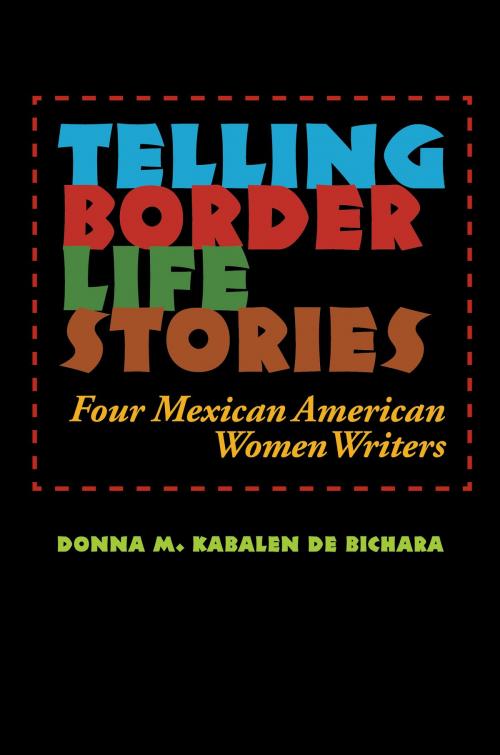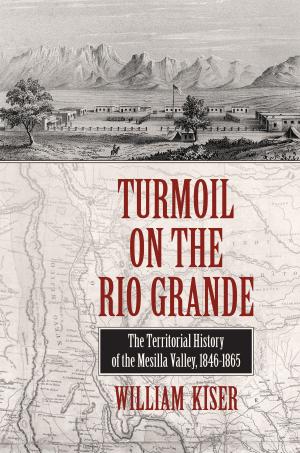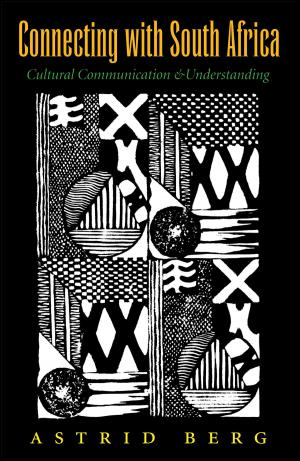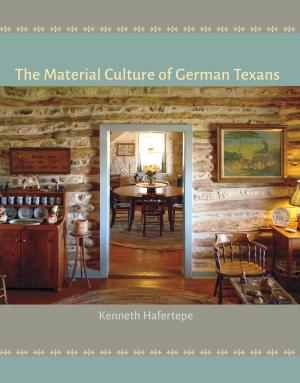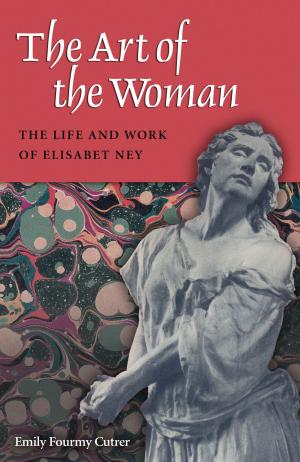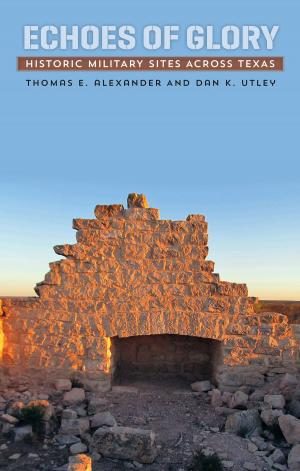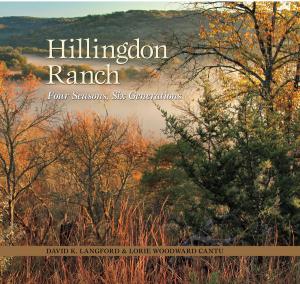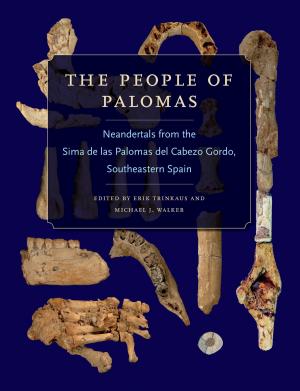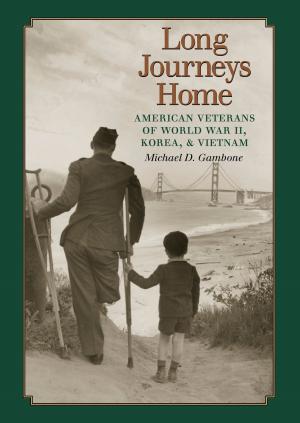Telling Border Life Stories
Four Mexican American Women Writers
Fiction & Literature, Literary Theory & Criticism, Women Authors, American, Biography & Memoir| Author: | Donna M Kabalen de Bichara | ISBN: | 9781603449502 |
| Publisher: | Texas A&M University Press | Publication: | March 1, 2013 |
| Imprint: | Texas A&M University Press | Language: | English |
| Author: | Donna M Kabalen de Bichara |
| ISBN: | 9781603449502 |
| Publisher: | Texas A&M University Press |
| Publication: | March 1, 2013 |
| Imprint: | Texas A&M University Press |
| Language: | English |
Normal0falsefalsefalseEN-USX-NONEX-NONEVoices from the borderlands push against boundaries in more ways than one, as Donna M. Kabalen de Bichara ably demonstrates in this investigation into the twentieth-century autobiographical writing of four women of Mexican origin who lived in the American Southwest.
Until recently, little attention has been paid to the writing of the women included in this study. As Kabalen de Bichara notes, it is precisely such historical exclusion of texts written by Mexican American women that gives particular significance to the reexamination of the five autobiographical works that provide the focus for this in-depth study.
“Early Life and Education” and Dew on the Thorn by Jovita González (1904–83), deal with life experiences in Texas and were likely written between 1926 and the 1940s; both texts were published in 1997. Romance of a Little Village Girl, first published in 1955, focuses on life in New Mexico, and was written by Cleofas Jaramillo (1878–1956) when the author was in her seventies. A Beautiful, Cruel Country, by Eva Antonio Wilbur-Cruce (1904–98), introduces the reader to history and a way of life that developed in the cultural space of Arizona. Created over a ten-year period, this text was published in 1987, just eleven years before the author’s death. Hoyt Street, by Mary Helen Ponce (b. 1938), began as a research paper during the period of the autobiographer’s undergraduate studies (1974–80), and was published in its present form in 1993.
These border autobiographies can be understood as attempts on the part of the Mexican American female autobiographers to put themselves into the text and thus write their experiences into existence.
Normal0falsefalsefalseEN-USX-NONEX-NONEVoices from the borderlands push against boundaries in more ways than one, as Donna M. Kabalen de Bichara ably demonstrates in this investigation into the twentieth-century autobiographical writing of four women of Mexican origin who lived in the American Southwest.
Until recently, little attention has been paid to the writing of the women included in this study. As Kabalen de Bichara notes, it is precisely such historical exclusion of texts written by Mexican American women that gives particular significance to the reexamination of the five autobiographical works that provide the focus for this in-depth study.
“Early Life and Education” and Dew on the Thorn by Jovita González (1904–83), deal with life experiences in Texas and were likely written between 1926 and the 1940s; both texts were published in 1997. Romance of a Little Village Girl, first published in 1955, focuses on life in New Mexico, and was written by Cleofas Jaramillo (1878–1956) when the author was in her seventies. A Beautiful, Cruel Country, by Eva Antonio Wilbur-Cruce (1904–98), introduces the reader to history and a way of life that developed in the cultural space of Arizona. Created over a ten-year period, this text was published in 1987, just eleven years before the author’s death. Hoyt Street, by Mary Helen Ponce (b. 1938), began as a research paper during the period of the autobiographer’s undergraduate studies (1974–80), and was published in its present form in 1993.
These border autobiographies can be understood as attempts on the part of the Mexican American female autobiographers to put themselves into the text and thus write their experiences into existence.
